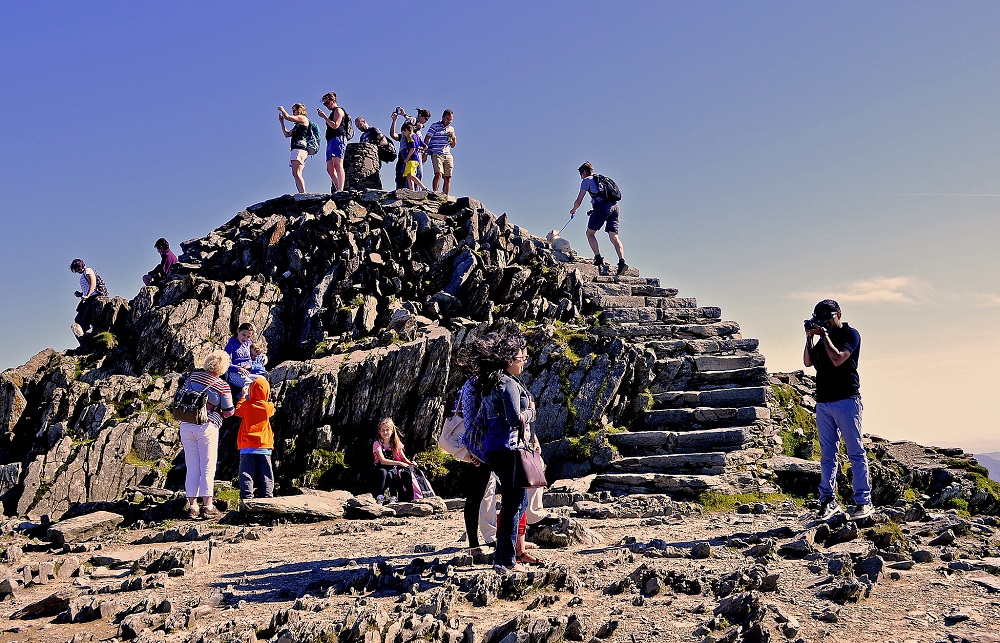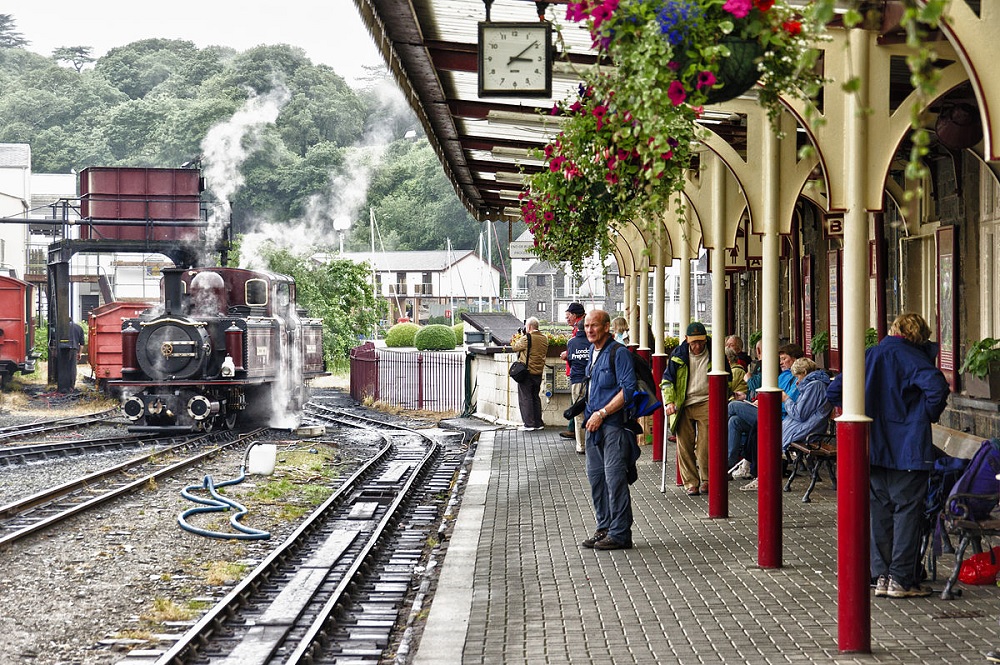Plan to tackle drawbacks of ‘over-dependence’ on tourism in Gwynedd – including ‘very low’ wages

Gareth Williams, local democracy reporter
Ensuring that the people of Gwynedd benefit more from the tourist industry, and its “very low” wages, has been earmarked as a cornerstone of the authority’s new visitor strategy.
A draft report, presented to the cabinet on Tuesday, said that prior to Covid-19 the tourism sector had grown to contribute over £1.35bn to the local economy, with 7.81m annual visitors said to help employ over 18,200 people.
But based on data from the STEAM (Scarborough Tourism Economic Assessment Monitor) model, which calculates the value of the tourism sector, it was also found that the level of wages is “very low in Gwynedd compared with other sectors and other areas”.
Describing Covid-19 as “highlighting some matters that require attention,” it noted a lack of variety in the county’s rural economy, with an “over-dependency on tourism in some areas”.
With workers in swathes of Gwynedd said to be among the lowest paid in the UK, the report also raised concerns over “a lack of tourism balance” which was said to “increase pressure on the main honey pots and the impact of this on communities and the Welsh language”.
Aiming to consult with both tourism providers and local communities before being adopted, the authority hopes to implement a new tourism strategy by the end of the year.
‘Quality’
According to decision-makers, this strategy will be based on UN World Tourism Organisation guidelines, which includes “respecting the socio-cultural authenticity of host communities” and, “providing socio-economic benefits to all stakeholders that are fairly distributed, including stable employment and income-earning opportunities and social services to host communities, and contributing to poverty alleviation.”
The draft report outlines that Gwynedd should be aiming for a visitor economy that:
- Celebrates, respects and protects communities, language, culture and heritage;
- Maintains and respects the environment;
- Ensures that the advantages to Gwynedd communities outweigh any disadvantages
This includes offering “quality year-round employment opportunities for local people” while strengthening local supply chains and striking a balance between the economy, the environment and communities.
Cllr Gareth Thomas, the portfolio holder for economic development, said that tourism was “clearly important,” being one of the county’s biggest industries.
“Covid and its effect on tourism has strengthened the need to review and agree on new principles for the future,” he added, noting that the process would look at other areas across the world and discuss with the sector itself and the national park authority as well as local communities.
“The vision is for a visitor economy that works for the benefit of the people of Gwynedd,” Cllr Thomas went on to say.
“I’d say that over the years the emphasis has been on the visitor but we’re turning that on its head and a visitor economy that puts the people of Gwynedd first.”

‘Problems’
Cllr Dafydd Meurig, the deputy leader, added: “If (the industry) wasn’t of benefit to the people of Gwynedd and only brought problems then there would be no point having one, so I’m fully supportive.
“But the figures noted in the report makes one think that in the past it hasn’t brought major and specific benefits locally if over £1.3bn is generated from visitors, employing 18,200 people, meaning that only a very small percentage of that £1.3bn ends up in the pay packets of local people according to those figures.
“Certainly in some communities there have been more problems than benefits, so I support the draft principles and welcome the consultation, hoping they will be backed by the industry and local communities.”
Members approved organising consultations over the spring and summer involving the sector and residents before a conference in the autumn, with adoption of the new plan set to be implemented in early 2022.
Support our Nation today
For the price of a cup of coffee a month you can help us create an independent, not-for-profit, national news service for the people of Wales, by the people of Wales.






